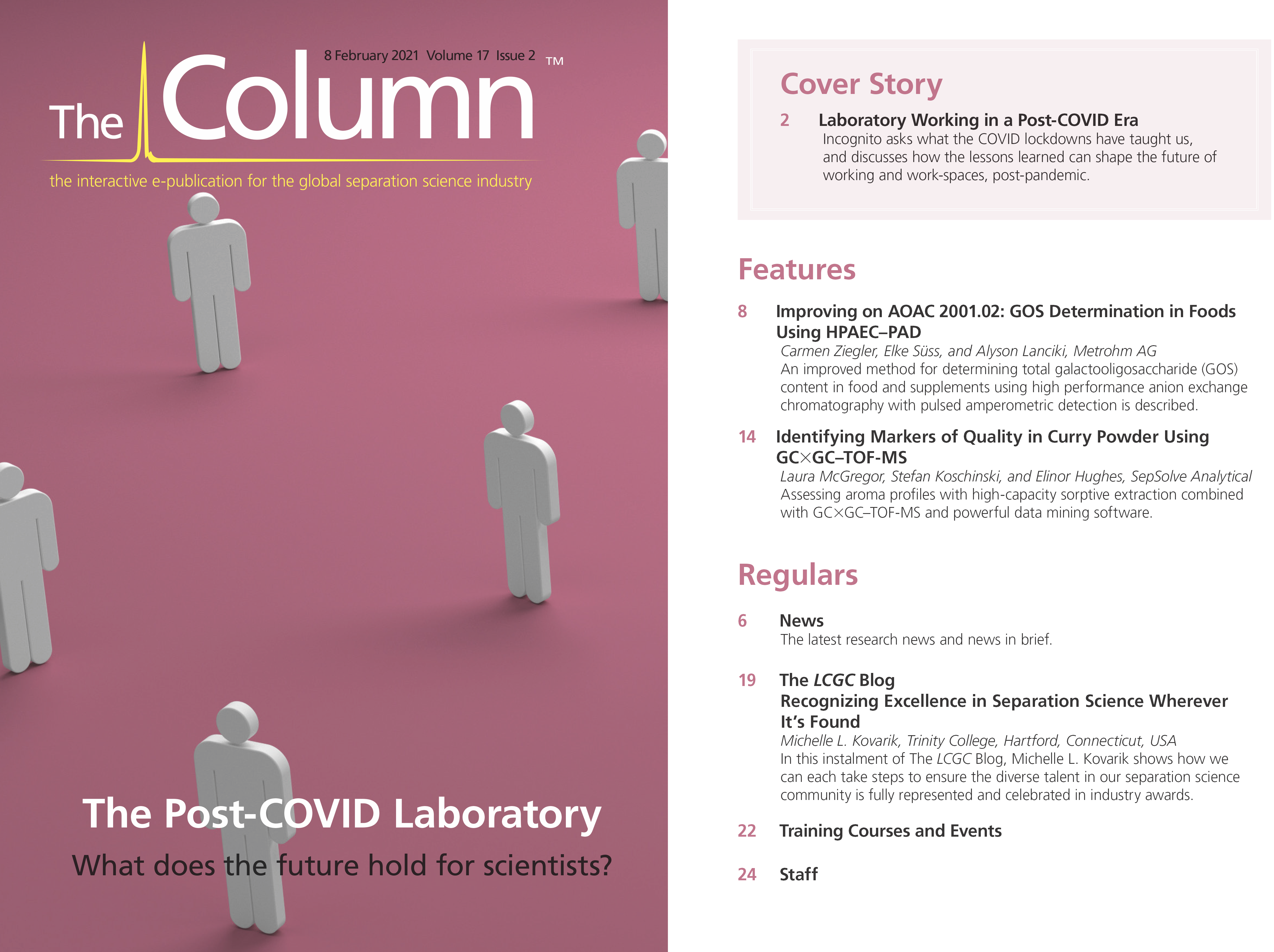Agilent and North West Genomic Collaboration
Agilent Technology has announced that its clinical informatics platform has been adopted by the North West Genomic Laboratory Hub (NW GLH) based in Manchester, UK, and Liverpool, UK, which is part of the Manchester University NHS Foundation Trust, UK. The NW GLH and its partners are responsible for delivering genomic testing across the whole of the North West.
“Next-generation sequencing produces huge amounts of data in applications across cancer and human genetics, yet the complexity related to interpreting genomic variants continues to be a challenge”, said Kevin Meldrum, vice president and general manager of genomics at Agilent.
“It is important for us to implement a variant interpretation software system that is both compatible with the latest ACMG classification guidelines and supports the interpretation of rare genomic variants in the context of the patient’s clinical symptoms. The ability to use a single system to analyze both constitutional variations in the context of rare diseases and somatic variants detected in our cancer genomics services is highly desirable”, said Ronnie Wright, Clinical Scientist at the NW GLH, Manchester University NHS Foundation Trust.
“Moreover, given that each new observation of a genomic variant adds to the knowledge of its association with disease, it is essential that the system allows us to see the latest cumulative assessment of a variant and the relevant information associated with its interpretation to help us deliver the most accurate results”, Wright added.
For more information, please visit: www.agilent.com

Determining Enhanced Sensitivity to Odors due to Anxiety-Associated Chemosignals with GC
May 8th 2025Based on their hypothesis that smelling anxiety chemosignals can, like visual anxiety induction, lead to an increase in odor sensitivity, a joint study between the University of Erlangen-Nuremberg (Erlangen, Germany) and the Fraunhofer Institute for Process Engineering and Packaging (Freising, Germany) combined behavioral experiments, odor profile analysis by a trained panel, and instrumental analysis of odorants (gas chromatography-olfactometry) and volatiles (gas chromatography-mass spectrometry).
Investigating 3D-Printable Stationary Phases in Liquid Chromatography
May 7th 20253D printing technology has potential in chromatography, but a major challenge is developing materials with both high porosity and robust mechanical properties. Recently, scientists compared the separation performances of eight different 3D printable stationary phases.
Detecting Hyper-Fast Chromatographic Peaks Using Ion Mobility Spectrometry
May 6th 2025Ion mobility spectrometers can detect trace compounds quickly, though they can face various issues with detecting certain peaks. University of Hannover scientists created a new system for resolving hyper-fast gas chromatography (GC) peaks.

.png&w=3840&q=75)

.png&w=3840&q=75)



.png&w=3840&q=75)



.png&w=3840&q=75)









